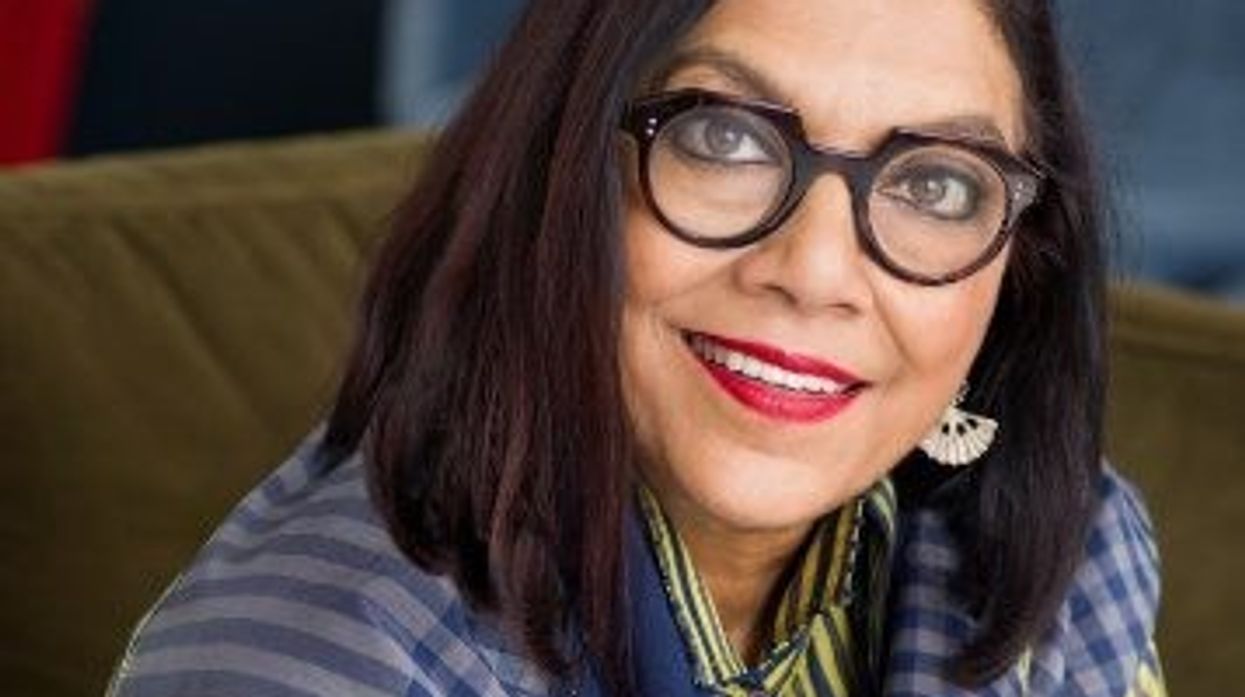Indian-American filmmaker Mira Nair is welcomed to the Jio MAMI Mumbai Film Festival this year to preside over the jury of the South Asian Competition.
Anupama Chopra, Festival Director at Jio MAMI, says, “We are thrilled to welcome Mira as the head of our festival jury. We have collaborated with Mira for many years so it feels incredible that she has come on board to preside over the jury this year, particularly with our new direction for South Asian cinema.”
The South Asian Competition will lead the awards categories screening 14 films from debut and second-time filmmakers. The section will showcase cinematic voices from across India, Bangladesh, Bhutan, and diaspora filmmakers from the UK and Germany.
Jio MAMI is dedicated to hosting the world’s biggest and most prestigious South Asian Film Festival, focused on building an ecosystem for new cinematic voices, facilitating the exchange of ideas, collaborations, and business opportunities, while bringing the best of world cinema to Mumbai. The festival is devoted to highlighting the best of South Asian, South Asian Diaspora, and international cinema, with a focus on supporting and promoting independent and emerging filmmakers from South Asia.
Commenting on her new role as Head of Jury for South Asia Competition, Mira Nair said, “I am honoured to be presiding over the Jury. Having attended the festival many times over the years, it has a special place in my heart. I am so excited to see what the filmmakers bring to this years’ competition and discussing their talents with my peers.”
Mira Nair’s debut feature Salaam Bombay! (1988) won the Caméra d’Or at Cannes, making her the first Indian filmmaker to have achieved this award. Following this was the groundbreaking Mississippi Masala (1991), and the international hit Monsoon Wedding (2001), for which she was the first woman to win the Venice Film Festival’s Golden Lion. Other works include The Namesake (2006), Queen of Katwe (2016), and A Suitable Boy (2020).
Upcoming is her next film AMRI, an experimental portrait of Amrita Sher-Gil. She also returned to the theatre for her most recent endeavour, directing Monsoon Wedding the Musical, which opened in New York City at St Ann's Warehouse in May 2023 and is bound for Broadway. An activist by nature, Nair founded Salaam Balak Trust for Indian street children in 1988 and the Maisha Film Lab in 2004, a free school to train filmmakers in Africa. In 2012, she was awarded the Padma Bhushan, India’s third-highest civilian honour.
Other Jury members include Australian director and screenwriter David Michôd (Animal Kingdom), Filipina filmmaker and actress Isabel Sandoval (Señorita) and Egyptian director and producer Marianne Khoury (Let’s Talk).




